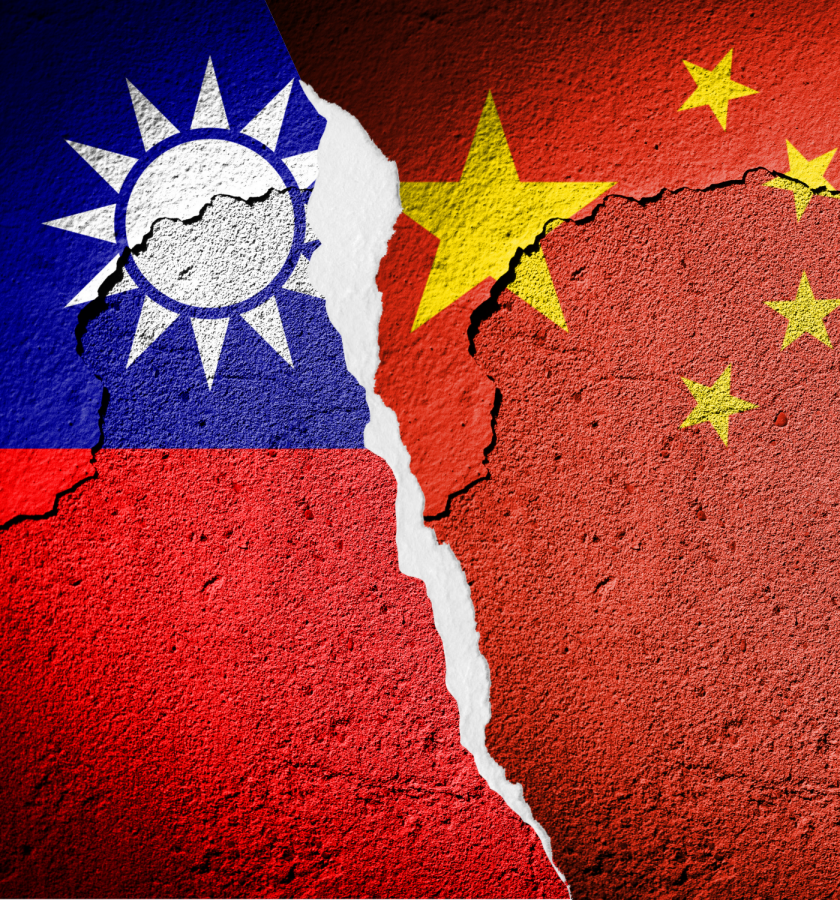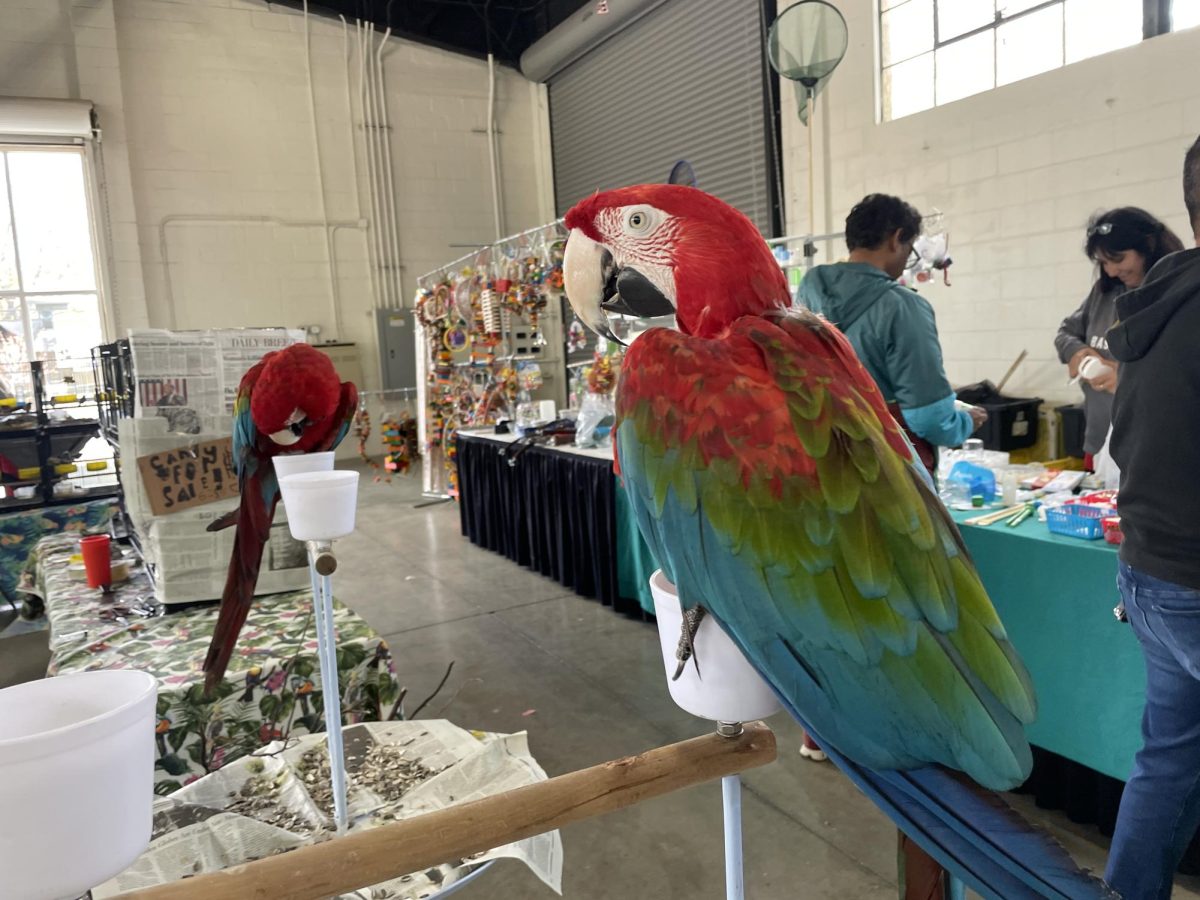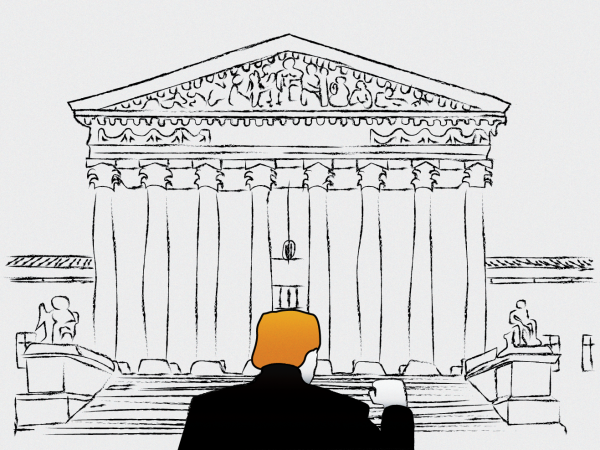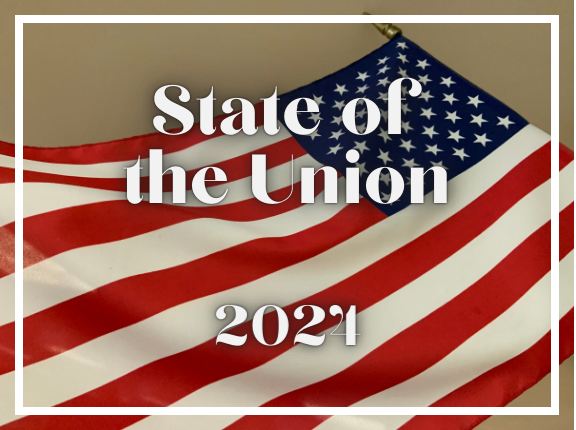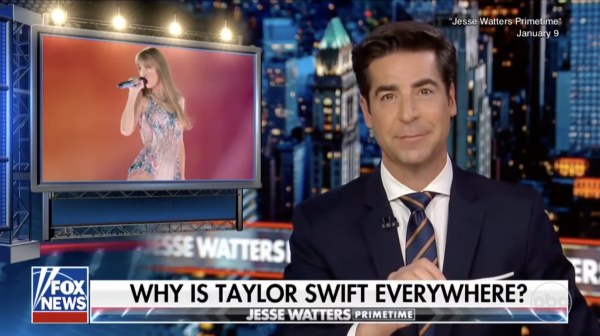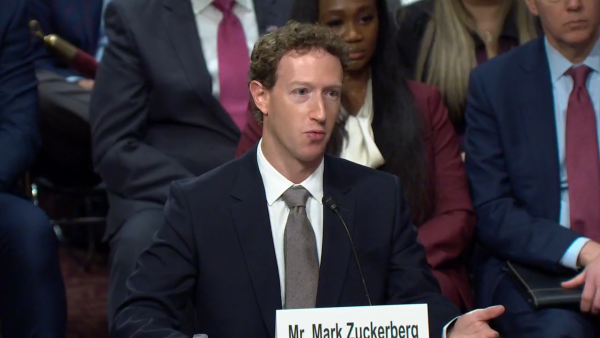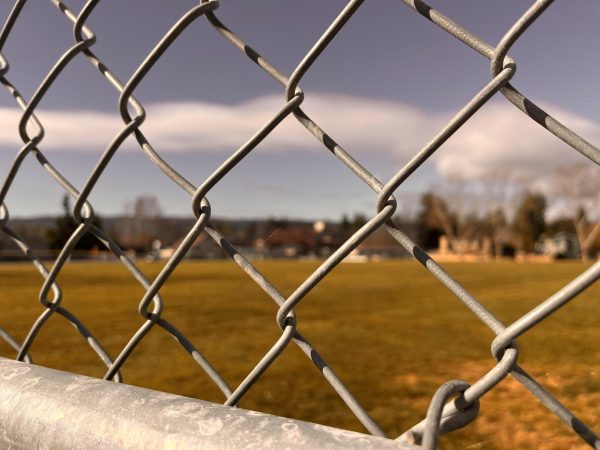‘Peaceful Reunification’: China and Taiwan’s increasing tension
A conflict over the issue of reunification ensues between China and Taiwan.
October 24, 2021
On October 9th, 2021, Chinese President Xi Jinping, made an announcement for a “peaceful reunification” with Taiwan, officially known as the Republic of China, after more than seven decades of separation. Taiwanese President, Tsai Ing-Wen, responded against the idea of unification and followed up with a pledge to defend Taiwan’s freedom.
Behind the growing conflict
Following Xi’s declaration in Beijing’s Great Hall of the People was an almost instant increase in military activity around the small island as Beijing dispatched around 150 Chinese military flights into Taiwan’s air defense zone. Hints of the brewing tension occurred even before October 9th, with 25 Chinese warplanes flying off the southern end of Taiwan in a display of military might on China’s National Day, Oct. 1. The number of flights in the area continued to increase during the night and day, reaching the highest number of 56 warplanes on Oct, 4th.
While the United States has cautioned China over the military activity that threatened “regional peace and stability” of Taiwan, China has no intentions of backing down. The spokesperson of the U.S. State Department emphasized that the United States will “continue to support a peaceful resolution of cross-Strait issues, consistent with the wishes and best interest of the people in Taiwan.”
The United States expressed “rock solid” support for Taiwan, but did not explicitly promise military intervention in defense for Taiwan in the face of a possible war with China’s increasingly improving armed forces. The military activities were said to be intentions of political pressure and not a signal to a war between the trio of the U.S., China, and Taiwan.
Similarly to Hong Kong and Macau, China had proposed a “one country, two systems” constitutional principle for the governance of Taiwan that allows for separate economic and administrative systems for the included regions. This principle grants Taiwan a respective governmental system, economic and financial affairs, and trading relations that will remain independent from those of Mainland China. Taiwan rejected the offer.
“If Taiwan was to be taken by China…there’s no freedom. And China controls a lot of things…if reunification was to happen, the whole atmosphere [in Taiwan] would be different. But I guess if it [reunification] really did happen, Taiwan would just be another Hong Kong,” said Wei-Ting Yen (‘23), a Taiwanese student who came to the U.S. in 2017.
The presidential office of Taiwan further insisted that they’re a sovereign independent country, and responded to Beijing that “the nation’s future rests in the hands of Taiwan’s people” and for them to “abandon its provocative steps of intrusion, harassment, and destruction.”
China declared their preference for a “peaceful reunification”, but didn’t rule out the possibility for war over unifying as they mention reunification would occur “by force if necessary”. In addition, there is no official binding document that requires the U.S. to send troops in an effort to protect Taiwan from the Chinese military over the conflict of reunification.
A closer look at Taiwan
What many failed to take notice of amidst the conflict includes the two major political parties—Kuomintang (KMT, “Chinese Nationalist Party”) and Democratic Progressive Party (DPP)—that coexist in Taiwan. Their outlooks on this brewing conflict for unification between China and Taiwan are completely different.
KMT, part of the Pan-Blue Coalition, favors a close relationship or even unification with mainland China. While DPP, part of the Pan-Green Coalition, favors Taiwanese nationalism and continued separation/independence. The current President of Taiwan, Tsai Ing-Wen, is one of the major representatives of the Pan-Green Coalition.
“I personally think there’s more advantages in the unification of Taiwan and China, even though I don’t belong to either party (in Taiwan). It would help Taiwan to avoid the war between the Mainland and itself, because it also helps both sides to gain more economic opportunities when collaborating. Though a disadvantage would be that Taiwan would need to give up their freedom when unifying themselves with China, since China has an autocracy form of government,” said Jocelyn Hsu (‘24), a Taiwanese student who came to the U.S. in 2017.
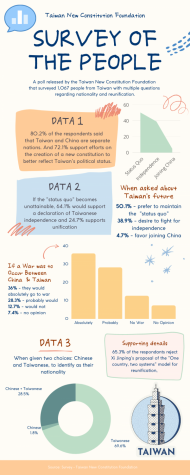
China regards Taiwan as a breakaway province and Xi said in his speech on October 9th that “those who forget their heritage betray the motherland”. But the relationship between China and Taiwan has not always been this way.
During the seven decades of peaceful separation, there were meetings between Beijing and Taiwanese authorities during the 1990s that put the debate of sovereignty on hold. When Ma Ying-jeou of KMT was in the presidential office in 2008, the relationship softened between Taiwan and China. Though tension quickly resumed when DPP candidates such as the current Taiwanese president, Tsai Ing-Wen, took office in 2016. Hence the tension between China and Taiwan has always wavered according to the party in power in Taiwan.
Reasons for conflict
The intensifying clash between China, Taiwan, and the United States stems from the military and political ties between the U.S. and Taiwan, the China Dream, and the U.S. and China rivalry.
During the Trump administration, the United States approved approximately $1.8 billion in weapon sales to Taiwan. The Biden administration approved $750 million in weapon sales to Taiwan as well. The sales provoked distrust from the Mainland.
With the passing of the Taiwan Relations Act, Taiwan Travel Act of 2018, and Taiwan Allies International Protection and Enhancement Initiative (TAIPEI) Act of 2019, all of which encouraged the U.S. and other nations’ ties with Taiwan. The frequent exchange between the U.S. and Taiwan during the Trump administration and current Biden administration only added to Taiwan’s recovery to the Mainland as one of China’s main priorities.
The Chinese Dream was first used as a slogan in Xi’s speech in 2013 where he declared it as “the great rejuvenation of the Chinese nation”. Providing that the Chinese Dream is vaguely defined though frequently mentioned by Xi, it boils down to an improved Chinese society and a fully developed nation.
Xi has many targets set for China, and reuniting the island to the Mainland—under the “One country, two systems” model—could be included as one of the goals and as a part of the Chinese Dream.
Due to the US-China trade war or the U.S. blame for China on COVID-19, a sense of rivalry between the two nations has been ignited during the Trump administration. While Biden criticized Trump’s tariffs that damaged the U.S.’s economy, the Biden administration’s relationship with China isn’t going to be much closer than the previous administration.
“Taiwan counts as a Chinese internal affairs…though I am not surprised that the US would support independence for Taiwan, the US has a long history of interrupting others’ internal affairs, and Taiwan would definitely be an important tool for the US to gain power in Eastern Asia … since mainland China has been developing so fast, (similarly to Taiwan) Hong Kong’s economy has been on decline for its role as a special economic zone that is not crucial anymore, and it needed economic support and the tourist industry from China,” said Sharon Jiang (‘23), a Chinese student who came to the U.S. at 2019.
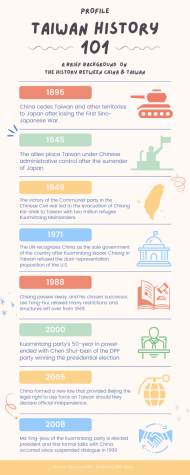
The clash between political ideals for communism and democracy is another leading factor between the rivalry that led to U.S. intervention over the matter of reunification. In an effort to preserve another democratic nation, the U.S. will have to wait for China to decide on their next move in this conflict.
Possible outcomes
The conflict for reunification has the power to change the regional order, sour the relationship between the US and China, and kick off a potential military confrontation.
The unification of China and Taiwan could potentially lead up to the obtaining of more sea territory and power, trade opportunities, and overall increase in power through the inclusion of the island into the Mainland.
Even though the U.S. had created multiple acts in an effort to encourage other nations’ diplomatic ties with Taiwan, many nations couldn’t afford the diplomatic pressure from China to recognize the island. With Taiwan as the world’s 22nd largest economy and 20th largest trading economy, reunification would shift trade and relations in favor of China.
The relationship between China and the U.S. would only worsen regardless of the outcome of the increasing tension over reunification. The possible military dispute over Taiwan between the two major powers would only serve as another reason for the rivalry.
“In regards to the increasing tension on both sides, I don’t think going into war for Taiwan’s independence is the smartest decision considering that even with said support from the US, a conflict between an island and the Mainland will predictably not end well. And moreover the cons including military casualties, decreasing economy for Taiwan, and continued limitations of foreign diplomatic relations comparatively outweighs the pros of Taiwan’s continued separation and independence,” said Andrea Yang (‘23), a Taiwanese student who came to the U.S. in 2019.
Whether a war between the U.S. backed island and the Mainland would ensue over the pressing issue of reunification could depend on China’s level of insistence, the U.S.’s stance on Taiwan, or the 2024 presidential election in Taiwan that would determine the party in power, a friendly or hostile relationship with China, and the direction of where the conflict could be heading.

